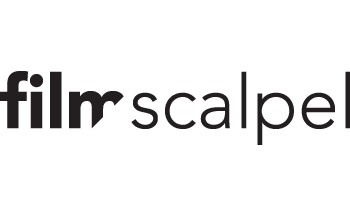Spielberg & Surveillance
The video essay form does not come with clearly defined features: its methods are flexible, its format is fluid. It borders on the documentary, has common ground with film criticism and analysis, and can be both argumentative or meditative. This versatility and adaptability is a strength, not a weakness.
Take this video essay by essay filmmaker and writer Daniel Clarkson Fisher: it uses various techniques and storytelling modes to address the topic of surveillance in the movies. It draws in the viewer with a montage sequence that uses an Edward Snowden quote and excerpts from popular media stories to tease the question: who is the director whose work touches most on the theme of surveillance? The unexpected answer (if you ignored the title) is Steven Spielberg. In what follows, Fisher mixes documentary material (interviews with Spielberg) with his own film readings, ultimately capping off the thematic analysis with an ideological caution. The video takes the long way, first honing in on Spielberg’s depiction of authority figures before finally addressing the surveillance theme. This free-range approach gives the piece a lively feel, without undermining the validity of the points it is making.
The oeuvre of Spielberg is often deemed lighthearted, but Fisher amasses a lot of evidence to support his claim. He finds examples of surveillance in even the most playful and carefree of Spielberg’s films. That extensive research and the many details Fisher draws attention to, are what make this video essay persuasive. Is Spielberg really the master of cinematic surveillance stories? Fisher certainly presents a lot of evidence, both direct and circumstantial.

